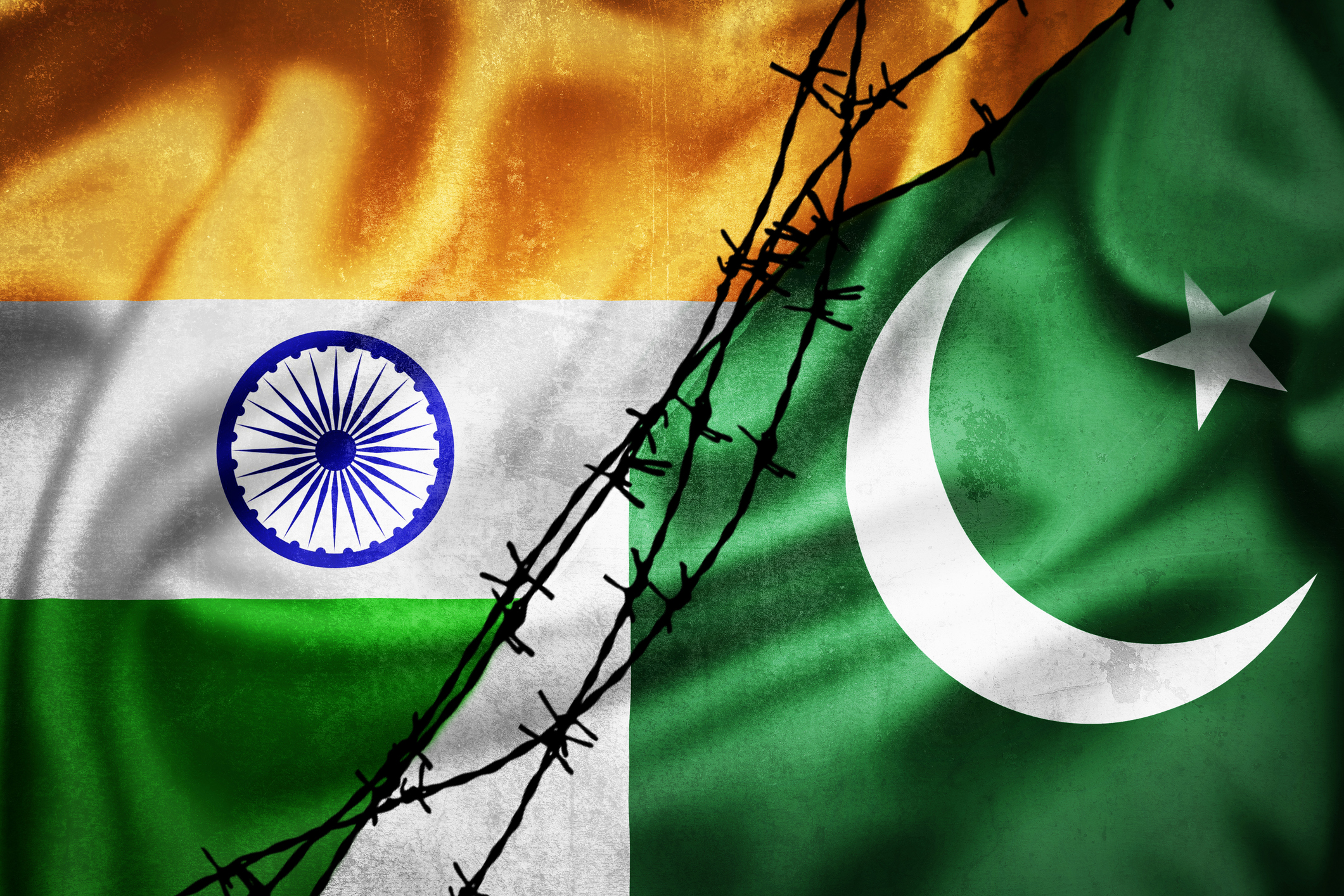India and Pakistan on Edge After Deadly Kashmir Attack Sparks Diplomatic and Military Crisis

India and Pakistan are experiencing heightened tensions following a deadly terrorist attack in Kashmir that has raised alarm globally. On April 22, 2025, in Pahalgam, Jammu and Kashmir, a significant loss of life occurred, primarily among Hindu tourists who were visiting this picturesque region known for its breathtaking landscapes and rich cultural heritage. The attack, which resulted in the deaths of 28 civilians, left many families devastated and shocked the nation. Responsibility for this heinous act was claimed by the Resistance Front, a group with alleged ties to the notorious Pakistan-based Lashkar-e-Taiba, a faction that has long been implicated in various terrorist activities in the region. India’s accusations of Pakistani support for the militants have severely strained relations between the two nations, leading to a wide array of diplomatic and military responses.
In response to this tragic event, India has taken several bold actions aimed at holding Pakistan accountable. These measures include the expulsion of Pakistani diplomats from India, showcasing the Indian government’s discontent with Pakistan’s handling of terrorism. Furthermore, India has suspended the long-standing Indus Waters Treaty, a vital agreement that governs the usage of rivers flowing between the two nations. This suspension is a significant move, potentially impacting agriculture and water supply on both sides of the border. Additionally, India has closed its land borders, effectively halting trade routes, and revoked all current visas for Pakistani citizens, indicating a serious diplomatic rift. The Indian government has formally accused Pakistan of providing safe haven to terrorist groups, reinforcing a narrative that has long been a point of contention.
Reports indicate ongoing skirmishes along the Line of Control, with troops from both nations increasing their military preparedness. India has heightened its counterterrorism efforts significantly in the wake of the attack, resulting in numerous detentions of suspected militants. Alongside these actions, the Indian military has initiated the destruction of suspected militant residences to curb further terrorist activities. On the other hand, Pakistani civilians are bracing for a potential conflict, with increased military presence reported in border areas. This volatile situation has led to fears of escalation, as both sides prepare for possible military engagements.
The United States is engaging in diplomatic efforts to mediate the situation, with Secretary of State Marco Rubio conducting separate discussions with Indian and Pakistani leaders. The U.S. is advocating for de-escalation and collaborative efforts to address the roots of the conflict, emphasizing the need for dialogue and peaceful resolution. High-ranking officials from the U.S. government are closely monitoring the developments, stressing the importance of maintaining stability in the region, given that both India and Pakistan possess nuclear capabilities.
The situation remains highly unstable, leading to growing concerns about the possibility of a full-scale war between these two nuclear powers. Experts caution that even a limited conflict could rapidly escalate into a broader war, considering the historical context where tensions have frequently boiled over into violence. The international community is deeply concerned, with various nations calling for restraint and emphasizing the importance of diplomatic resolutions to prevent loss of life and further destabilization of the region. The ramifications of a potential war would not only affect India and Pakistan but could also have far-reaching consequences for global peace and security.
As tensions continue to escalate, the global community, including organizations such as the United Nations, is closely observing the situation, hoping for a peaceful resolution to prevent further escalation. Countries have urged both nations to engage in dialogue and explore avenues for peaceful coexistence, emphasizing that mutual understanding and cooperation are essential for regional stability. The hopes for peace hang in the balance as the world watches how India and Pakistan navigate this precarious situation.
Tensions rise between India and Pakistan following a deadly attack in Kashmir.
A devastating terrorist attack in Pahalgam, Jammu and Kashmir, on April 22, 2025, tragically resulted in the deaths of 28 civilians, primarily Hindu tourists. Gunmen attacked a bus carrying pilgrims, creating chaos and fear in the popular tourist destination. The Resistance Front (TRF), a group allegedly linked to Pakistan-based Lashkar-e-Taiba, initially claimed responsibility, but later retracted their statement.
Moreover, the humanitarian aspect of the current crisis must be highlighted. With military preparations ramping up, civilians living in border areas are facing increased insecurity and anxiety. Families are worried about the safety of their loved ones, and many are making plans to evacuate if the situation worsens. Organizations working in the region are preparing to provide support to those affected by the violence, ensuring that essential services are maintained even during these turbulent times. The impact on everyday lives cannot be underestimated as fear grips communities on both sides of the border.
In light of these developments, regional allies are also weighing their options. Neighboring countries, particularly those with vested interests in South Asia, are closely monitoring the situation, aware that a conflict could destabilize the entire region. Diplomatic channels are being explored as other nations seek to prevent escalation. Multinational organizations are also stepping in, offering to facilitate dialogue between India and Pakistan to address the underlying issues that have long fueled tensions between the two countries.
Additionally, the economic implications of the heightened tensions cannot be overlooked. Trade between India and Pakistan has been significantly affected, with industries on both sides feeling the pinch. Exporters and importers are bracing for financial losses, and the overall economic climate in the region is at risk of deterioration. As both nations pull back on trade agreements, there is a fear that the economic fallout could exacerbate existing issues such as unemployment and inflation, leading to further domestic unrest.
This incident has not only impacted the immediate communities involved but has also reverberated across both nations’ political landscapes. In India, there has been a surge in nationalistic sentiments, with calls for stronger military action against Pakistan echoing in various political circles. Indian leaders are facing pressure from the public to ensure security and retaliate effectively against threats. In Pakistan, the government is grappling with its own challenges, as it seeks to maintain its position on the international stage while denying any involvement in the attack. This event has the potential to influence upcoming elections in both countries, as political leaders navigate the complex dynamics arising from this tragedy.
India responded decisively with strong diplomatic actions, including the expulsion of Pakistani diplomats, suspension of the long-standing Indus Waters Treaty, revocation of all current visas for Pakistani citizens, and the closure of land borders and trade routes. The Indian government has formally accused Pakistan of providing safe haven to terrorist groups and supporting cross-border terrorism.
Visit Edge Times Homepage For More News
Read Blogs From Our Blog Website
Top 10 Movies On Jio Hotstar App

Samsung One UI 7 Update Release Date In India

Best Dog Food For Shih Tzu

Visit To Our Blog Channel To Read Interesting Blogs

